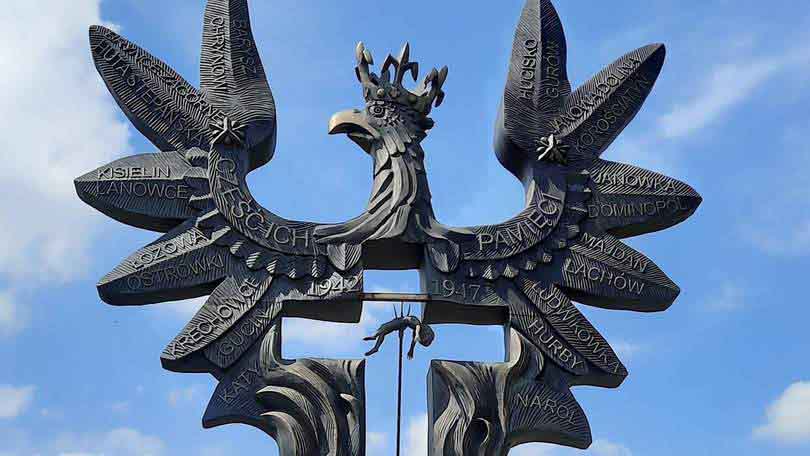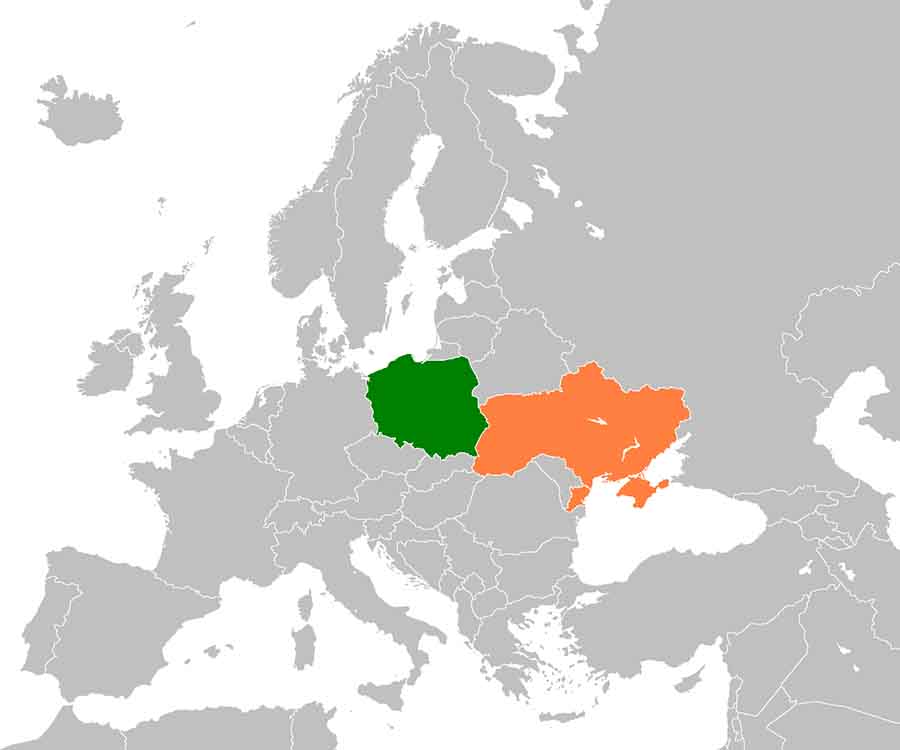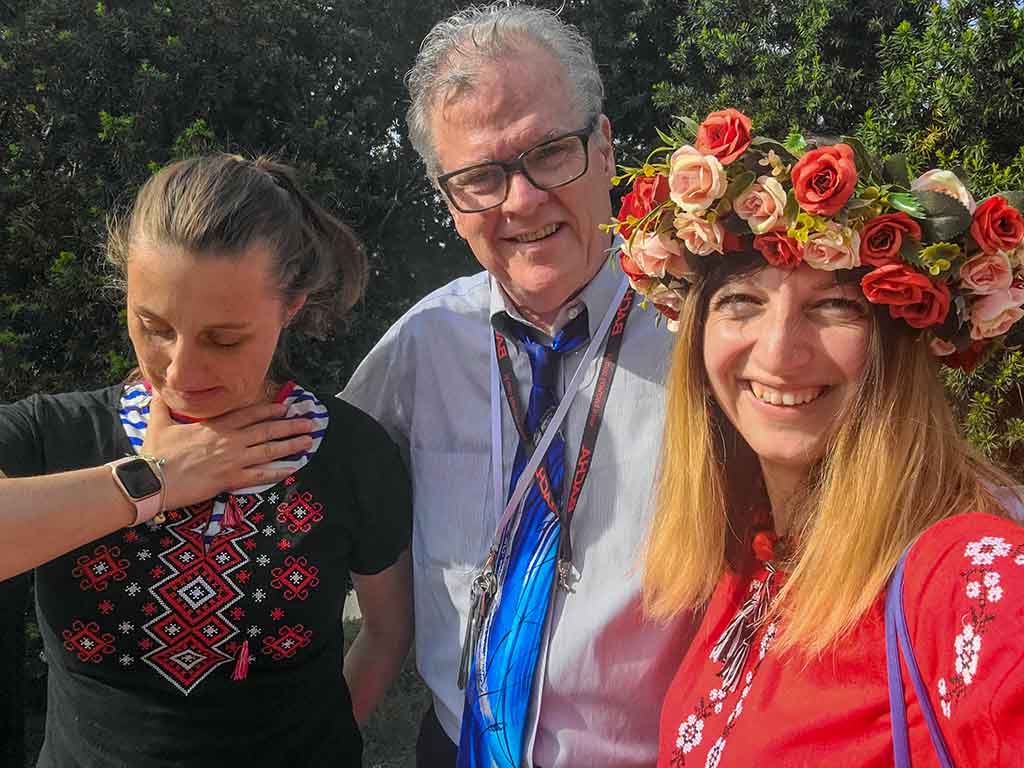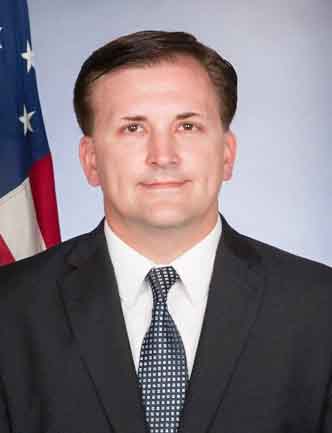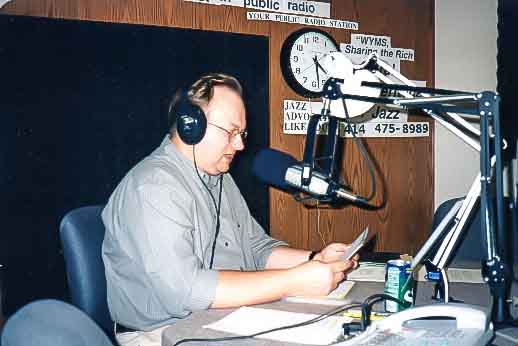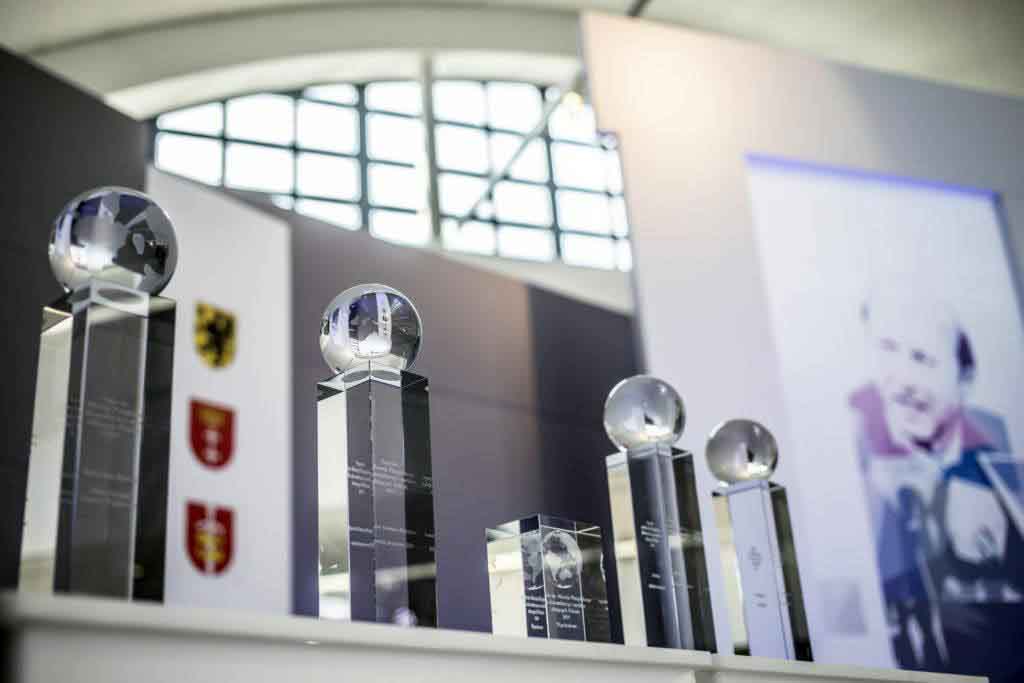I have been to Poland for the last week. I meet many Ukrainians in the streets. In restaurants and shops, I am served by excellent-Polish-speaking Ukrainians. It is important to talk about how Poles opened their hearts to their neighbors.
In Gdynia, I met many journalists at the Maciej Płażyński award ceremony at the Emigration Museum in Gdynia, where statuettes and diplomas were presented to journalists and writers who publish about Polish diaspora and Poles abroad, as well as about Poland in the media around the world.
After the ceremony, on the following day, a debate took place: How to write and talk about Poland and Poles abroad, and about the Polish diaspora in Poland? Are journalists associated with Poland in various ways obliged to take care of the image of Poland and Poles, and contribute to making Poland famous? Where is the boundary beyond which propaganda sneaks in? The debate was attended by Kasia Madera from the BBC World Service, Kamil M. Turecki, author of a series of publications on the Onet portal about the fate of Polish women and Poles living in the USA who witnessed or participated in the tragic events of September 11, 2001, Karolina Przewrocka-Aderet from the Kaleidoscope — a Polish-language quarterly in Israel, and my humble self from Kuryer Polski in the USA.
Journalistic debate (in Polish) of the winners of the Maciej Płażyński Award, May 2022 (YouTube, Onet News)
The debate showed that the Polish narrative needs a strategic vision and cross-party cooperation of all those involved in the Polish message abroad. An important issue is the slowly closing window for Polish narrative abroad. The key issue is to show in practice what Poles do for Ukraine and Ukrainians.
We also stayed in my hometown of Bydgoszcz, where my wife, Dr. Susan Yelich-Biniecki, handed over certificates from Kansas State University to teachers from Secondary School No. 4 in Bydgoszcz, Małgorzata Zenelt and Marian Konicz, who participated in an international conference on educational aid for young people Ukrainian in Bydgoszcz. This debate is organized by the aforementioned university and aims to show the American elite how Polish society helps integrate Ukrainian youth into the Polish educational system. Most of the refugees from Ukraine are women, children and youth.
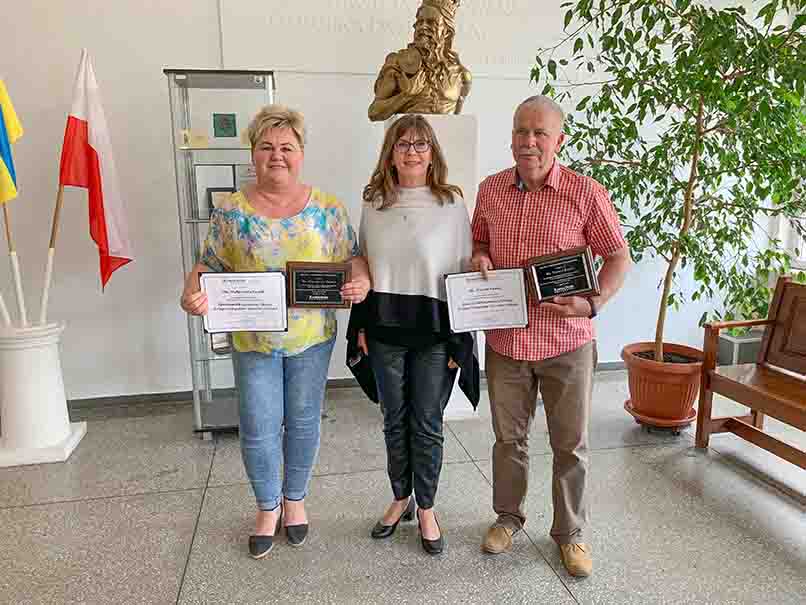
Małgorzata Zenelt, Dr. Susan Yelich Biniecki, Marian Konicz (Photo: Waldemar Biniecki)
We also met in the Bydgoszcz City Hall to sensitize city councilors to the essence of showing this narrative abroad and to support the initiative to continue this debate. Building an international narrative about Poles helping Ukraine and Ukrainians is not only about the debates of politicians, but also about concrete examples of activities of Polish civil society and all authorities at various levels, showing specific activities and effects of these activities. The 4th Secondary School in Bydgoszcz is just such an example of the quick decision-making and action of all teachers — people of good will, who without hesitation made quick and professional decisions to admit Ukrainian youth to the local education system and work with them.
Most of Polish youth and teachers are also actively involved in charity actions for Ukraine. The global community should learn about all of this. And the Polish and Polish media with the help of Polish consulates should distribute this information abroad.





